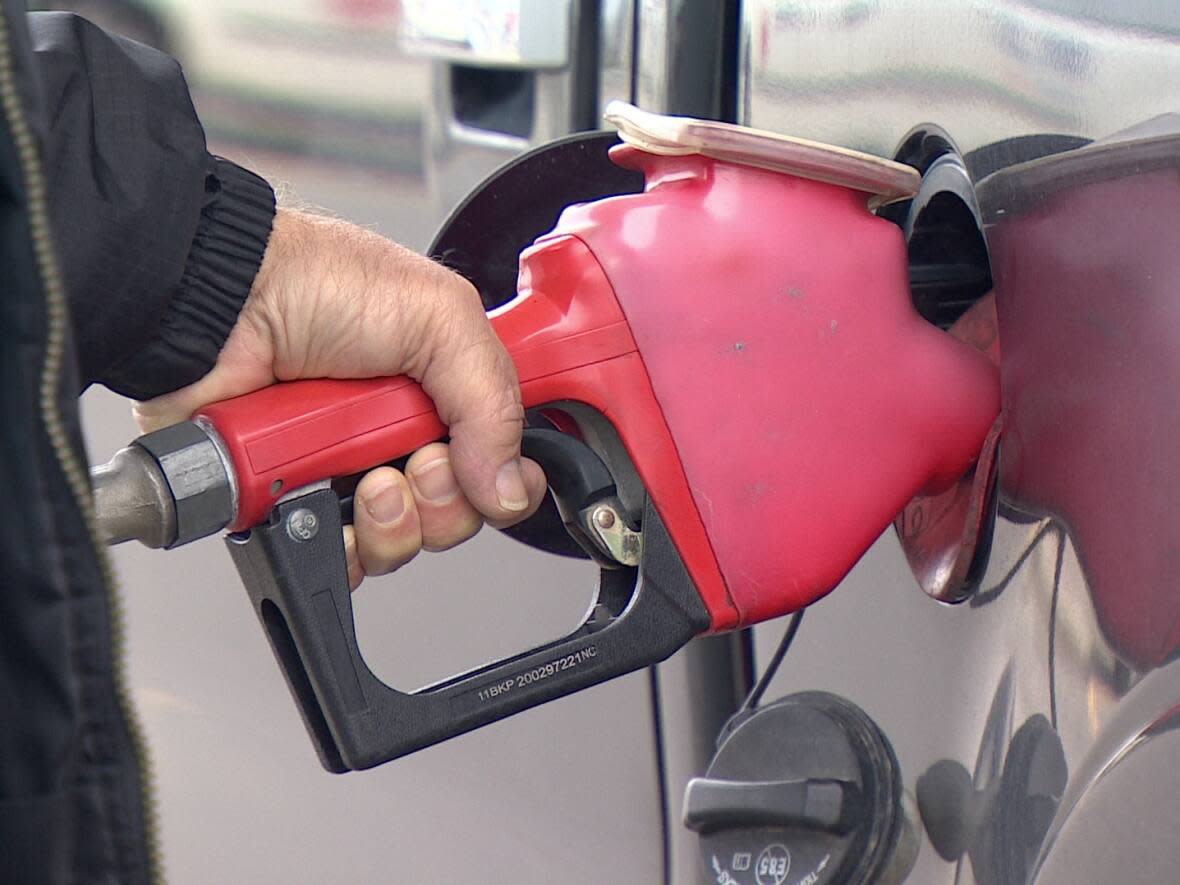P.E.I. gas retailers asking for increased profit margins

With the price of gas where it is, increasing credit card fees are making selling gas unsustainable for some retailers on P.E.I., says the Convenience Industry Council of Canada.
The council is asking the Island Regulatory and Appeals Commission, which regulates the price of gas on P.E.I., to increase retail profit margins temporarily by three cents per litre.
Retail margins for gas are fixed on P.E.I. at between six and seven cents per litre on self-serve and six and 10.5 cents per litre on full-serve. Credit card fees, however, go up as a percentage of price, and that means the recent increase in gas price is cutting into retailer profits.
"We're just like consumers. We would rather see gas at a dollar a litre instead of two dollars a litre," Mike Hammoud, Atlantic vice-president of the Convenience Industry Council of Canada, told Island Morning host Laura Chapin.
"One of the biggest misconceptions is that as the price of fuel increases the gas retailers are making way more money, when in fact gas retailers in Atlantic Canada — because we live in a regulated system — are actually losing money selling gas today because of the high price."
How it works
Consider a consumer buying 50 litres self-serve gas at a retailer charging the minimum price as determined by IRAC.
At $1 a litre, the consumer pays $50. Out of that $50 the retailer gets $3, which is six cents per litre.

According to the Retail Council of Canada the average credit card fee in Canada is 1.5 per cent. If the consumer buys with a credit card, on average the credit card company will charge the retailer 75 cents, so the retailer's profit on the transaction becomes $2.25.
At $2 a litre the profit margin for the retailer doesn't change. The consumer pays $100, but the retailer still gets $3. The credit card fee, however, doubles to $1.50. That leaves the retailer with $1.50 in profit.
The 1.5 per cent rate is an average for Canada. Depending on the deal the retailer has with the credit card company, that fee could be higher or lower.
Growing credit card fees are becoming unsustainable for some retailers, said Hammoud. The ones facing the most serious problems are in rural areas, he said.
Governments reviewing
The Convenience Industry Council of Canada asked IRAC for the increase in retailer margins last month.
IRAC is in the middle of a review of margins for both retailers and wholesalers. That review began in September 2021, and an independent report is being prepared by the consultants Kent Group.
That report will be released to the public when it is completed, says IRAC. There is no date set for the completion of the review.
The federal government is conducting a review of credit card fees.
"The government is committed to lowering the cost of credit card fees in a way that benefits small businesses and protects existing reward points for consumers," said Adrienne Vaupshas, press secretary for the Department of Finance, in a email to CBC News.
The department is currently consulting with stakeholders on solutions, the email said.


